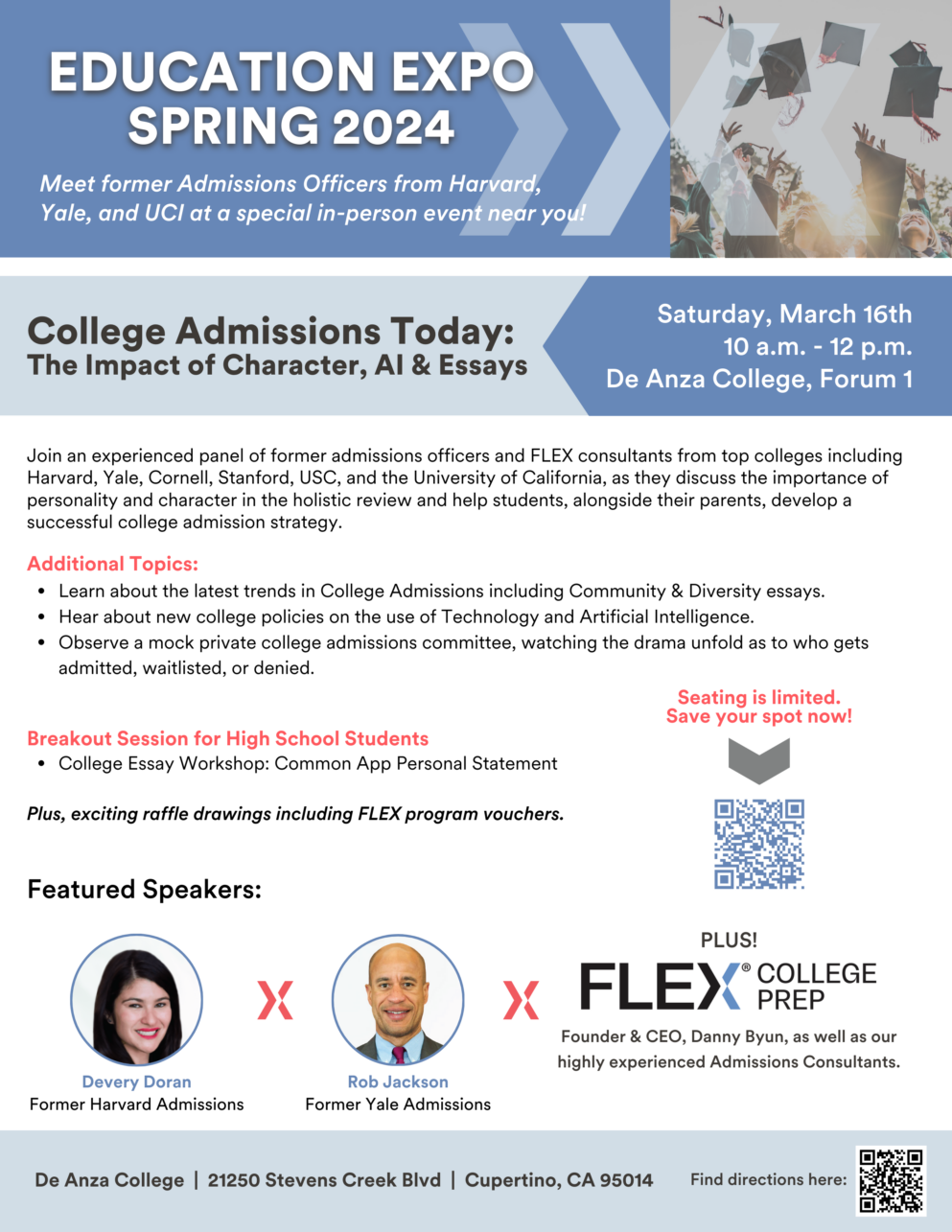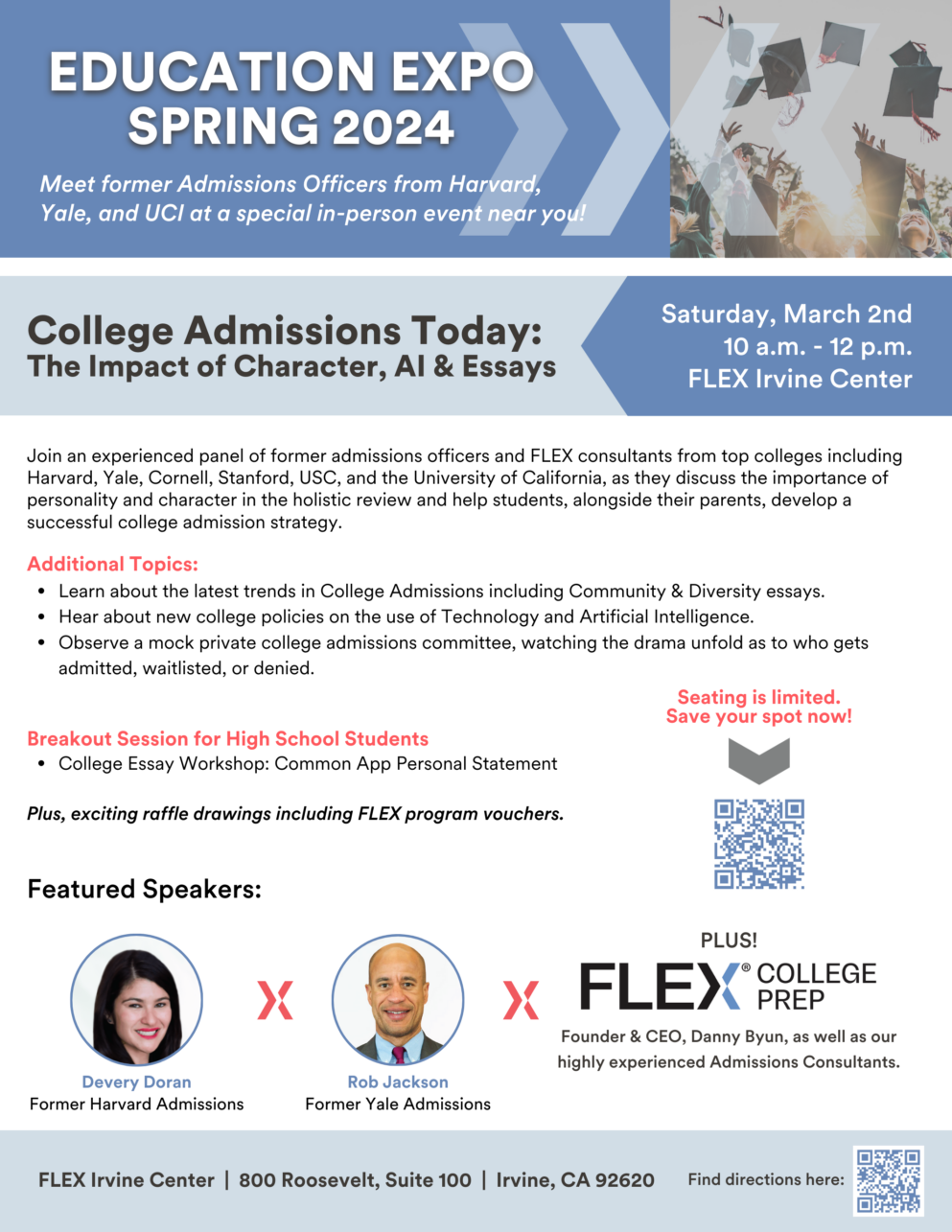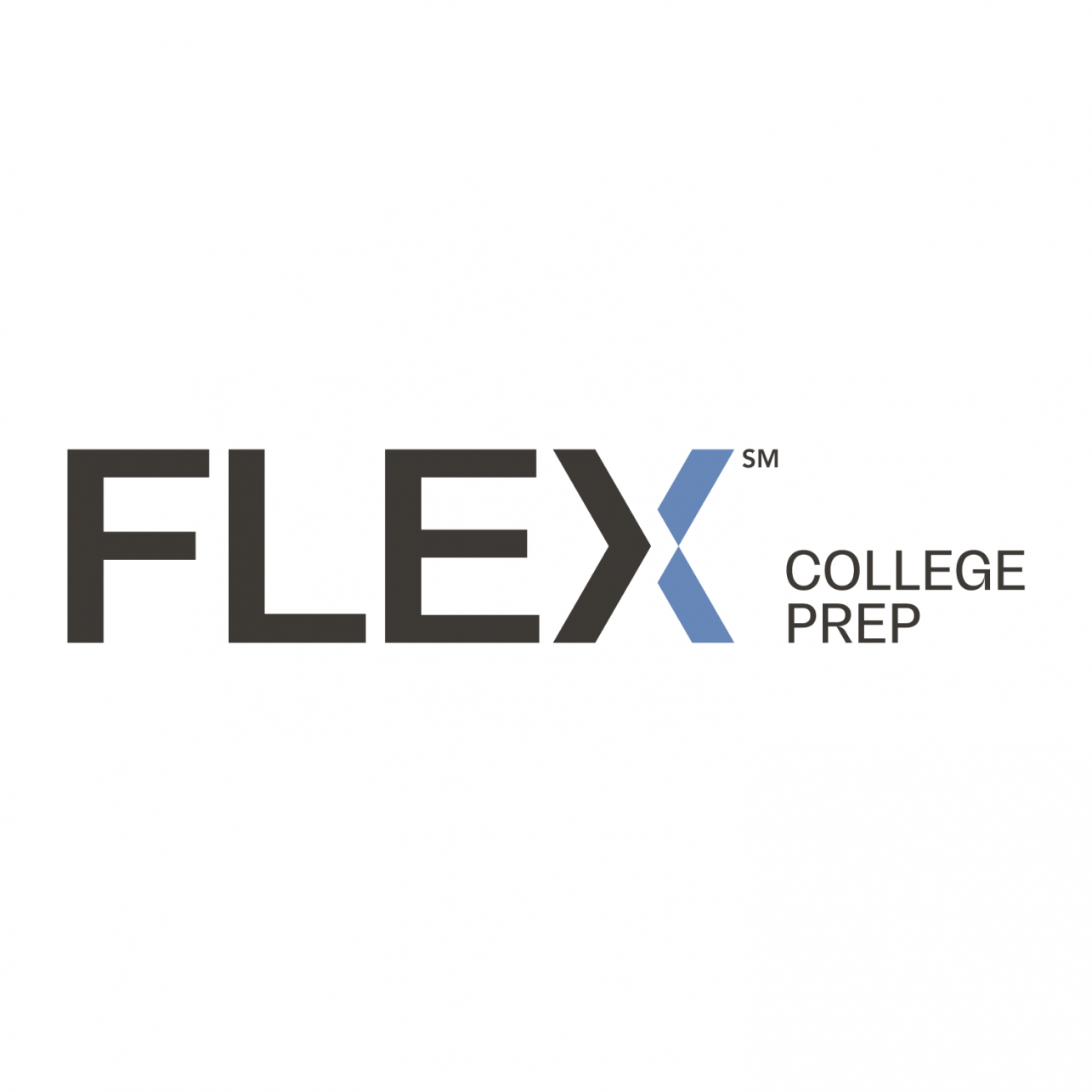Another school year has come to an end, and rising seniors have much to think about: senior year course selection (often some of the hardest of their high school career), last minute standardized testing, summer programs, extracurricular activities, and the all-important college applications.
However, students do not have to wait until the fall to prepare for the last item on this list. As a matter of fact, rising seniors will be doing themselves a big disservice by waiting until the start of the school year to familiarize themselves with the technical details of the college application process.
All colleges require applications. However, the application process can be confusing and daunting.
While this is understandable, we find that students also feel that this process is intimidating, mostly because they have never seen an application until the day they begin to fill one out. There is an easy remedy for this problem: study the applications ahead of time starting with application deadlines.
Below is short list of key college application due dates (all during 12th grade):
- November 1: Private college early application deadline
- November 30: UC & CSU application deadline. Many other out-of-state public universities have similar deadlines.
- January 1 and on: Most private college application deadlines
There are two types of applications that are probably the most relevant to our readership: the public college application (e.g., UC, SUNY, etc.), which usually encompasses all the campuses of that particular school system, and the Common Application, which is used by a great number of private schools. The Common Application (www.commonapp.org) can be used for all Common Application member schools.
For example, students can send the same application to the Ivies and USC. However, all Common Application member schools have supplemental sections, which usually contain extra essay questions. Some private schools do not participate in the Common Application, notably MIT and Georgetown, and require that students fill out the institution’s own, separate application. This usually entails writing additional essays specifically tailored to that school’s interests.
What kind of information is asked in a college application? All applications will ask the following:
Personal information: Name, address, demographic info (e.g., race, marital status), etc.
Academic information: School, counselor name, test scores, etc.
Activities, honors, work experience
Most applications will also require personal statements (college essays). Some colleges (most private schools) will also require teacher recommendations and interviews. While the data required in items #1 and #2 consist of basic information, the information required in item #3 is not so straightforward and require strategy.
The activities portion of the application is where students must communicate their passion and develop their positioning strategy. This section tells the colleges your hobbies and interests, how you spend your time, and most importantly, who you are. We will look at the Common Application portion as an example of the type of information that is asked for.
1. Grade Level: 9, 10, 11 or 12.
The first information asked for in this portion of the Common Application is the grade during which you pursued an activity. Colleges want to see continuity in students’ activities: Once you start something, you finish it.
Understandably, there are instances in which students must drop an activity during high school. However, there should be activities that span the whole of high school, providing insight about you and your passions. Many students try to load up activities in the last part of their high school careers in order to pad their resumes.
This strategy is pretty obvious to the admissions reader.
2. Approximate Time Spent: Hours Per Week & Weeks Per Year.
Some students try to list as many different activities on their application. However, admissions readers prefer quality over quantity.
Even if you list ten different activities, if the approximate time spent is, say, one hour per week, two weeks per year, colleges can see that there is no depth to your activities. It is preferable to devote considerable time and energy to a few select activities.
3. When Did You Participate In This Activity: School Year or Summer.
GPA is the number one factor for admissions in any college in America, so colleges understand if students are less active during the school year in an effort to keep up with their academic work.
As a result, colleges give students the opportunity to differentiate between how they’ve allocated their time during the school year and summer.
The ability to organize activities while maintaining grades in challenging coursework shows how balanced a student is.
4. Describe your: Positions Held, Honors Won or Letters Earned.
This is a free response portion of the application. It is important that students write their answers free of any grammatical errors and list the items in an order that will help the colleges understand their priorities. Additionally, descriptions should be succinct and informative, enabling the reader to get a good sense of the nature of the position.
Some positions (for example, editor of the school paper) might need no additional explanation; however, some positions (for example, a small scholarship at your local art hagwon) might require some elaboration.
All too often, I have seen students work quickly through this portion of the application, only to make themselves look careless and irresponsible.
5. Do You Plan to Continue This Activity in College?
Colleges want to know how a student will fit into their school communities. A student’s response to this question provides insight into how the applicant will benefit a particular school. Generally speaking, students should plan to continue their activities in college, demonstrating that their participation in high school was not just driven by a desire to get into college.
Obviously, there are certain activities that cannot be continued (for example, a less popular sport at a school that does not have a related sports team).
The purpose of the application is for colleges to get to know a student. Every bit of information counts. While students invest time and energy into the other portions of the application, they do not take this information Part A section of their application seriously. Rather, they just fill it out quickly, without much thought.
This is a wasted opportunity. This section of the application can reveal so much about an applicant’s writing skills, character, priorities, and passions. Therefore, students must familiarize themselves with the application as soon as possible.

Students need to stand out in the competitive admissions landscape. FLEX College Prep is a team of the best strategists in the industry and takes a holistic approach to ensure students use their pre-college years in intentional, enriching, and personally satisfying ways. Since 2001, we’ve worked with families to help students unlock their potential and find happiness, meaning, and success in college and beyond.


































